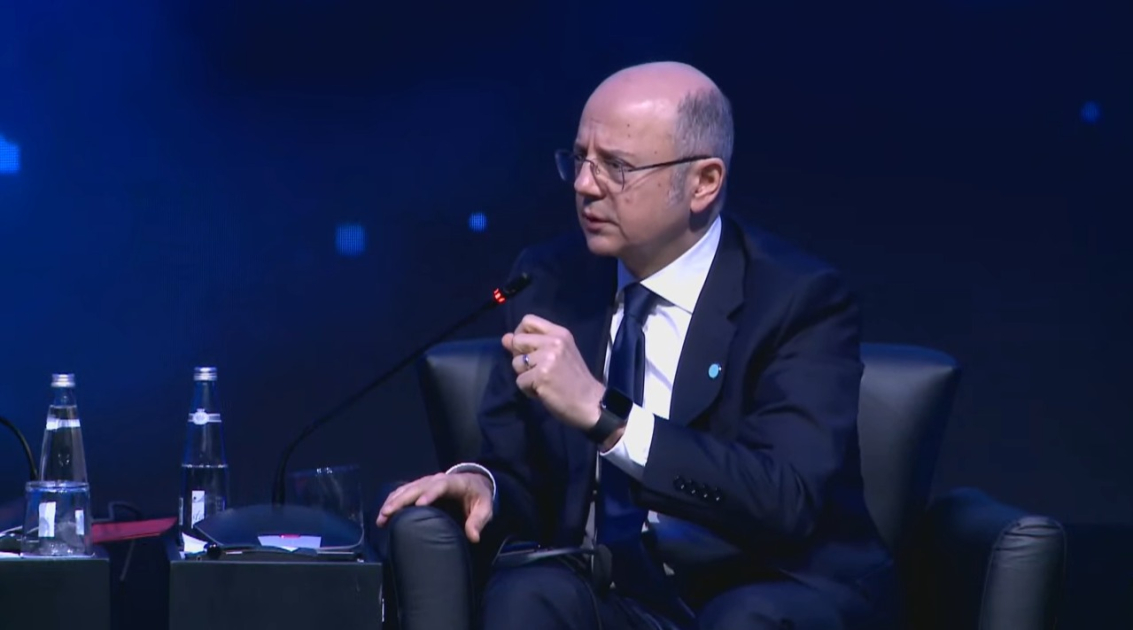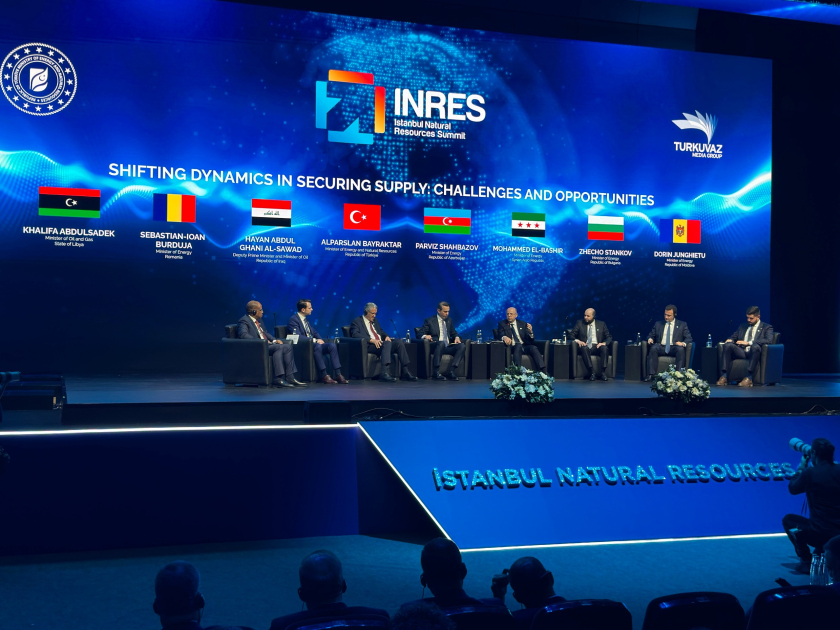BAKU, Azerbaijan, May 2. In a recent address at the Istanbul Natural Resources Summit's ministerial session on "Shifting Dynamics in Securing Supply: Challenges and Opportunities", Azerbaijan's Energy Minister Parviz Shahbazov underscored the nation's commitment to developing all forms of energy as a strategic priority, Trend reports.
The minister highlighted Azerbaijan's pivotal role as a supplier of oil and natural gas amid current global realities. He noted the growing significance of joint projects with Türkiye, including plans to deliver approximately ten billion cubic meters of gas to the country this year. Türkiye, he emphasized, holds critical importance not only as a consumer but also as a key transit nation through which Azerbaijani energy resources are transported to European markets.
Addressing global energy challenges, the minister pointed out that political and ideological biases against hydrocarbons could hinder necessary investments in the gas sector and the development of infrastructure essential for energy delivery.
"Rather than viewing energy sources through a political or ideological lens, it is essential to focus on developing pragmatic energy strategies. With the global population and energy demand on the rise, we will not have the luxury of wasting energy in the future. That is why we have prioritized the development of all existing forms of energy. We have already initiated several regional projects that, if realized, will contribute positively to both energy security and environmental sustainability," he said.
Concluding his remarks, the minister emphasized the necessity for long-term contractual mechanisms to support gas supply plans, particularly in light of Europe's growing demand for energy resources. Without such guarantees, large-scale investments in gas production carry significant risks, particularly in the absence of assurances regarding delivery and market access.
Regarding the development of green energy interconnectors, the minister noted that Azerbaijan is actively cooperating with Türkiye, Georgia, Romania, Bulgaria, and countries in Central Asia. "These projects will not only link regions but also strengthen energy and climate security. They represent the energy infrastructure of the future," he added.
The discussions were moderated by the Turkish Minister of Energy and Natural Resources, Alparslan Bayraktar, and were attended by ministers from Iraq, Egypt, Libya, Bulgaria, Romania, and Moldova.
Stay up-to-date with more news on Trend News Agency's WhatsApp channel










